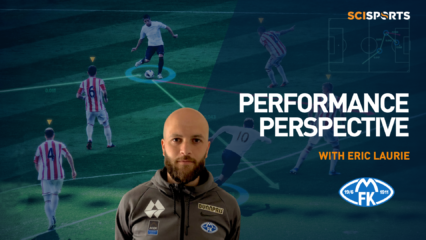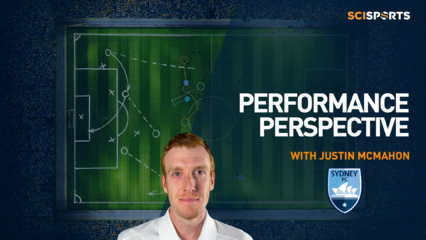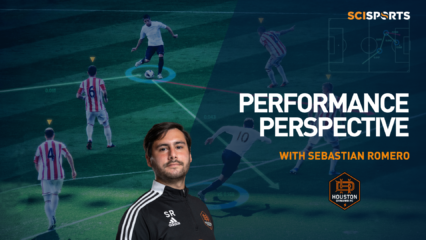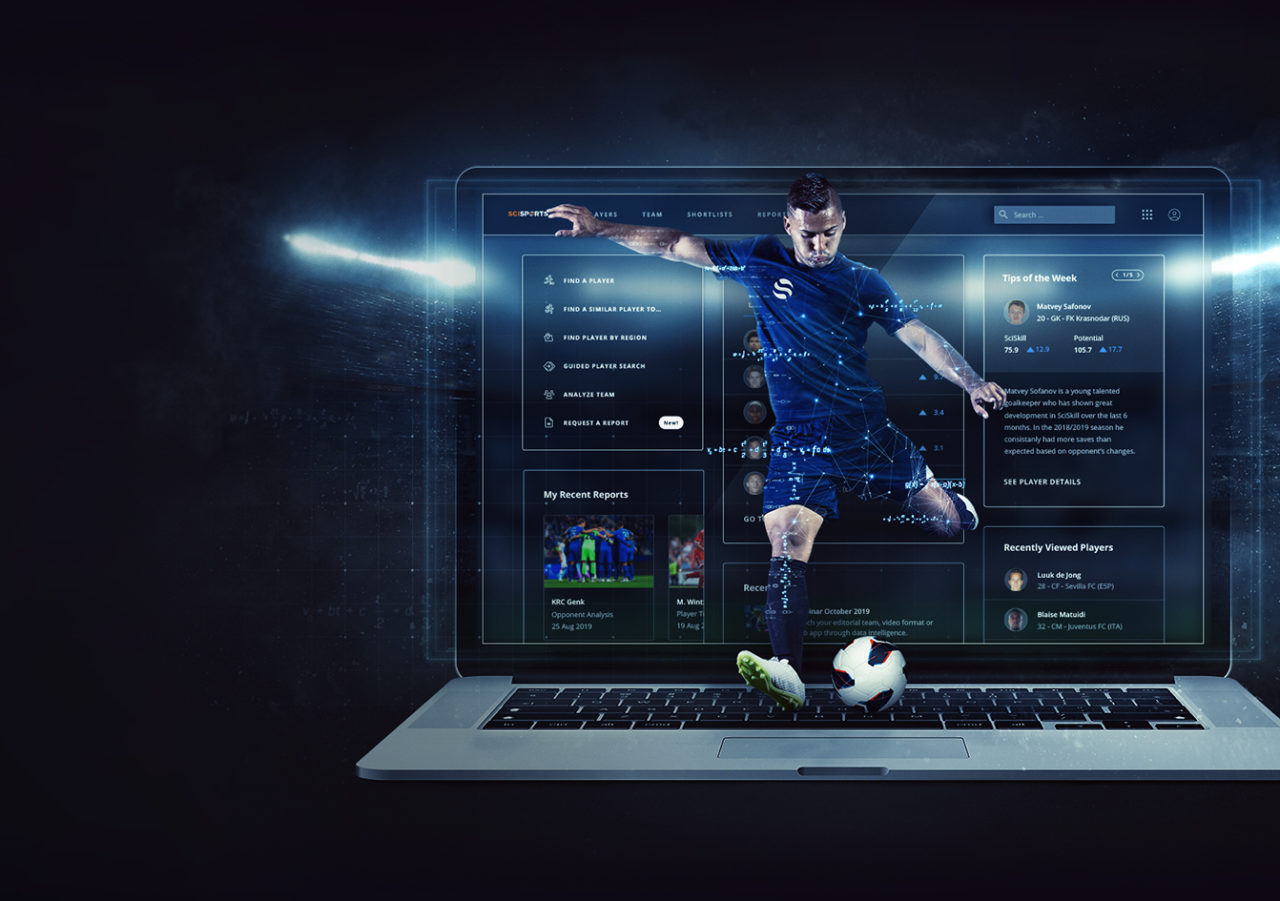
In this item called ‘In the field’ we share insights from domain experts directly from the football industry. The content is all about user cases and interesting developments form the usage of data analytics in the world of football. In this edition: Dr. Ryland Morgans, Assistant Manager to the Ivory Coast national team.
What is your current function within the football industry and what are your most important tasks and responsibilities in this role?
I am a Performance Director. That is what I have done most of my career, but my most recent role is Assistant Manager to the Ivory Coast national team where I combine all the performance-related work, but also utilize my UEFA-Pro license as a coach. So, I am also the assistant and coach the out of possession tactical strategies as well as all the set plays.
Do you apply data analytics in your current role?
My perception of data analytics is that it covers quite a wide spectrum and the data comes in a variety of formats. So, the area data analytics has previously been heavily used is recruitment. In my current role I’ve used data analytics to analyze players who are playing at their respective clubs. We want to be able to monitor and assess these players on a weekly basis and to help us when we are making a decision on two players for the same position. We are using that data that is available to assess these players based on who is in the best form, who has been the most effective in their team. Using this data, helps us select a player if we have got a decision between player A and player B.
On a more day-to-day basis, data analytics for me would be about analyzing and monitoring training- and match load-data and then aligning that data with the tactical team strategy to design and periodsiation training. Also its about combining that data with other aspects of performance such as their gym-based work where they are exposed to strength, power and injury-prevention exercises. So in terms of data analytics, the big part of my role would be analyzing individual players within their unit, within their team, and then comparing that with what we need from specific positions for our team to perform. Its also about: “Have we got a player in a certain position where they are better prepared for the forthcoming match?”. “Have they recovered sufficiently from the last match based on the physical- and tactical demands?”. In terms of injury-prevention within football practices, we are looking at several team metrics within the training to allow us to assess if a player has had adequate position-specifc physical stimulus to undertake their tactical role within the team in the forthcoming game. That, for me would be a broad-brush approach to how I would use and analyze data.
What are the key questions you try (or would like) to answer with data analytics?
I think that a lot of times myself and numerous other coaches are looking for specific pieces of information that we hope to find in data. And then hopefully that allows us to prepare a team to perform at their optimal in the forthcoming game.
Data is one thing, but then you can apply two or three different statistical modules to process the data and get (possibly) a completely different answer. I think what is the key to data analytics, is adding context to the data which then allows you to choose the best statistical module to use on that set of data in relation to the context that you would like the question to be answered within. Then you might get the answer that you hypothesized and thought that you would get or not. I think that this is a key area moving forward with data and data analytics.
How do you experience the developments of data analytics within your working field and do you follow the latest trends and developments actively?
I suppose I have been involved with this type of work for maybe 20 years. The development of data and the development of the accuracy and validity of data that we can access is a key part of gathering data. No matter what the data set is, if you don’t feel it is valid and reliable, it doesn’t matter what context you add, no matter what statistical models you utilize, the data that you are actually analyzing might not be accurate or precise enough for you to make an informed decision. So I think for me, the big development of data is: “What are the sources of data?”, “How valid and how reliable are these sources of data?”, so that when we analyze we can be confident that the answer that we get is true and precise.
Now, what used to start with heartrate data has now become GPS data, which can be aligned to match footage so that you can utilize physical data alongside tactical strategies in terms of angles and distances between individual players and within units in the team. That is now becoming more and more prevalent, and I think that is a huge part of data analytics and adding context to data. They have certainly started with this, but I think it this is an area that they will progress further and I would like to say that I keep on top of as many of those developments of possible.
Opponents of the use of data in football say: “I don’t need data, my eyes can tell me if a player is a good player, if he played well, and if he is capable of playing for our club.” How important is the use of data analytics to give football professionals direction and confirmation compared to the human judgement of football professionals during the decision making process?
I think data is a big part of making any decision in football, in fact in any sport in the world these days. The world is data-driven and I think you could turn any conversation into a number and make it a data-driven conversation. I think the eye of a coach or a manager is a huge part in making the decision to buy a player or play a player in a certain position, as their opinion can add context that statistical modules might not be able to provide, but data can also play a huge part. It is not like one is more important than the other, but it think it is the combination of both. Only using your eye to assess a player, or only using data is not the most effective way. I would always use data as a way to back up your opinion.
In all sports worldwide the use of data analytics is becoming more popular. Do you believe data analytics has a big role to play in the future of football or do you feel it is just a hype?
Everything in the world is becoming more technology-based and with more technology comes more data. Data has been around in football and other sports for quite a while now and it is growing within the sports industry. When I watched a football match on TV several years ago, they would not have reported any data during the match. Now, when a player gets substituted they report numerous data points like number of passes, number of successful passes, total distance covered. More and more people are getting more interested in data and therefore I think that is going to generate even more technology that will produce more data. Data and data analytics is here, and it is here to stay.






